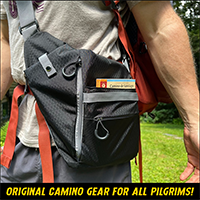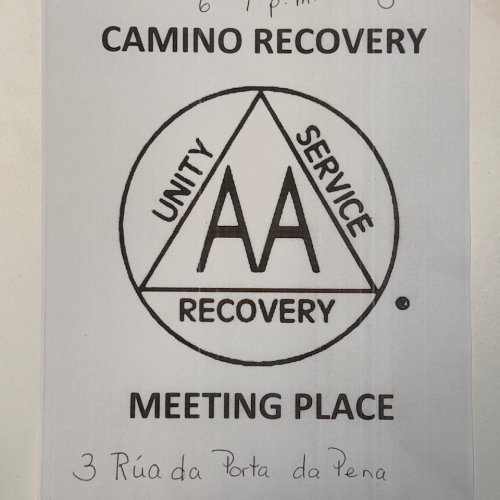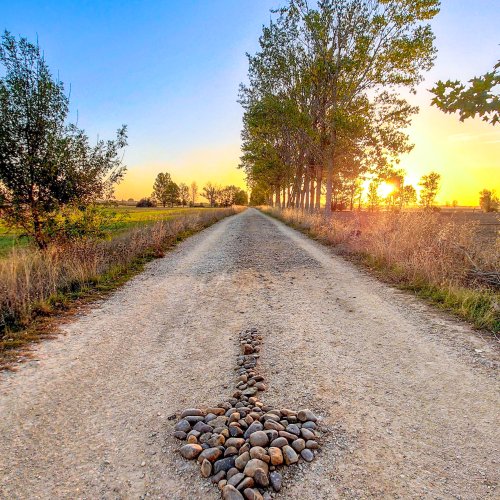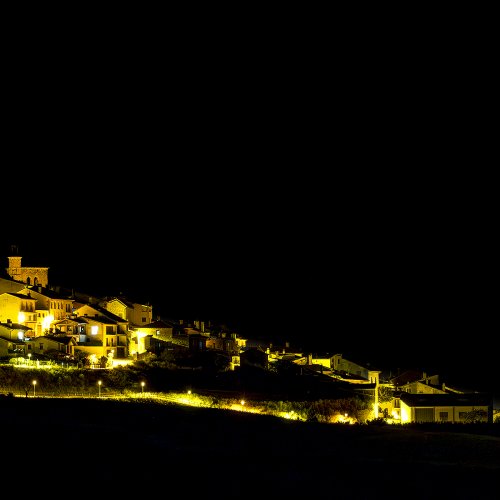FSP
Active Member
- Time of past OR future Camino
- CF-2013
CP-2016
Fin-2016
Norte-2018
Muxia-2018
For qualified long distance hiking nutrition factual information the only real source I have found is by "Gear Skeptic" on youtube. This fellow is a scientist and long distance backpacker. He has a series of videos that go through all the aspects of protean requirements for people who hike long distances day after day and explains why those needs are different than just a day hike or even a marathon. At first you may think a video with hands in it showing factual information couldn't be entertaining and informative but I found the series to be addictive. All his information is derived from an astonishing amount of research into the findings of the leading sports health, nutrition, and performance departments of universities around the world. Everything is laid out in terms that we can all understand. I'm sure you'll find he turns a lot of advice you have heard on its ear. He also give you a plan and product information. Out of all the "stuff" on you tube and the internet his series will be the best time you have invested in staying healthy and improving your performance on trail. Here's a link if that helps.











